One of the youngest and most fuel-efficient fleet in the skies
We’re doing everything we can to be as sustainable as possible, as soon as possible. That’s why we’ve radically transformed our fleet. Following a multi-billion-dollar investment, we've invested in upgrading our aircraft. We now operate a fleet with the average aircraft age of just under seven years and 74% next generation aircraft. This means Virgin Atlantic is now up to 30% more efficient than other big commercial airlines. Is that perfect? No. But it’s a step in the right direction.
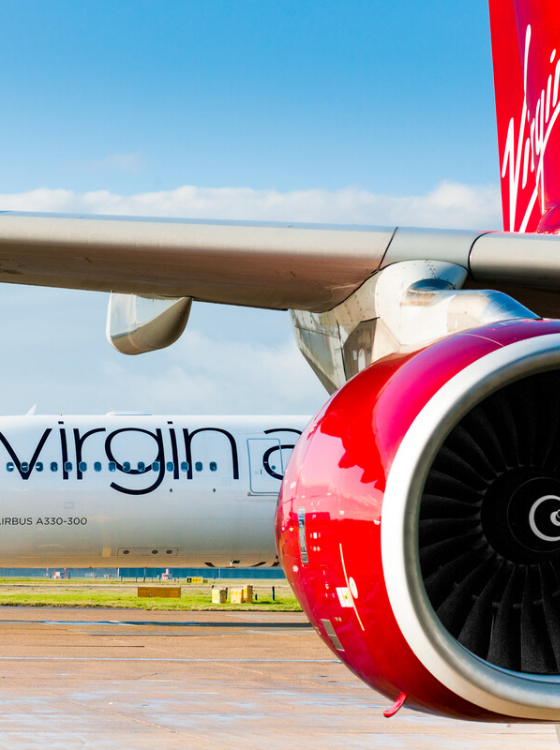
Fleet transformation
Fleet transformation is currently the single most effective way for airlines to reduce their carbon emissions, and it's where we consistently lead the way. We already have one of the youngest, most fuel efficient fleets operating across the Atlantic.
We’ve retired all our four-engine aircraft, and now operate 38 twin engine aircraft with an average fleet age of 7 years and 74% next generation mix, representing ten years of investment into our fleet transformation programme. As a result, our carbon efficiency (CO2/ASK) has improved by 20% over the last decade and our absolute carbon emissions have reduced from 4.75m metric tons (MT) of CO2 to just over 3m MT CO2 in 2022, an improvement of 35%.
By 2026, we’ll achieve 15% gross reduction in carbon emissions per revenue tonne kilometre through our fleet programme.
Operational efficiency
While fleet transformation is key in delivering overall fuel efficiency and improving our CO2 intensity, we also need to maximise the efficiency of our network. passenger and cargo load factors. In 2022, we achieved a 4% reduction in CO2/RTK against our 2019 baseline - largely down to our more efficient fleet. But we’re always looking for opportunities to improve as we strive to meet our 2026 target.
We use behavioural economics and data science to provide the flight deck with feedback during and after the flight, so they can fly more efficiently from a fuel burn perspective, while still complying with fuel management and flight safety standards.
In 2022, we saved almost 7,500 tonnes of jet fuel (23,600 tonnes of CO2) through our operational efficiency initiatives, including pilot technique, ground operations, weight reduction and flight planning optimisation.
We’re also optimising on the road as well as in the air, with 53% of our car fleet and non-specialist airport vehicles being petrol hybrid or electric. We’re aiming to increase that to 90% in 2024 as technology and infrastructure evolves. Over 30% of ground service equipment is petrol hybrid or electric right now.
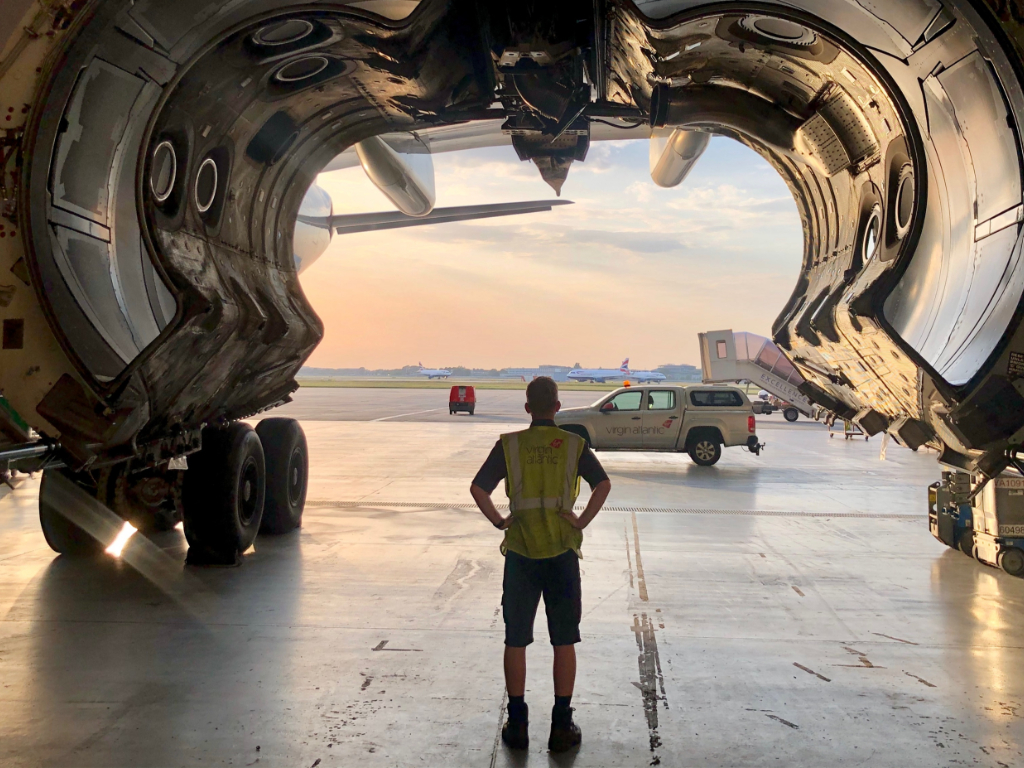
The Contrail Impact Task Force
We’re also working together with airlines, academic institutions and technology experts to further understand the climate impact, formation and mitigation of contrails caused by commercial flying - sharing research, and turning it into actionable changes.
The story so far
• We’ve invested billions of dollars in our fleet transformation programme
• We operate one of the youngest and most fuel-efficient fleets in the sky with 74% next generation aircraft and an average age of less than seven years
• Our new A330neos are 11% more fuel and carbon efficient than the A330-300 they replace and also deliver 50% reduction in airport noise
• We saved almost 7,500 tonnes of jet fuel (23,600 tonnes of CO2) through our operational efficiency initiatives in 2022. Including pilot technique, ground operations, weight reduction and flight planning optimisation
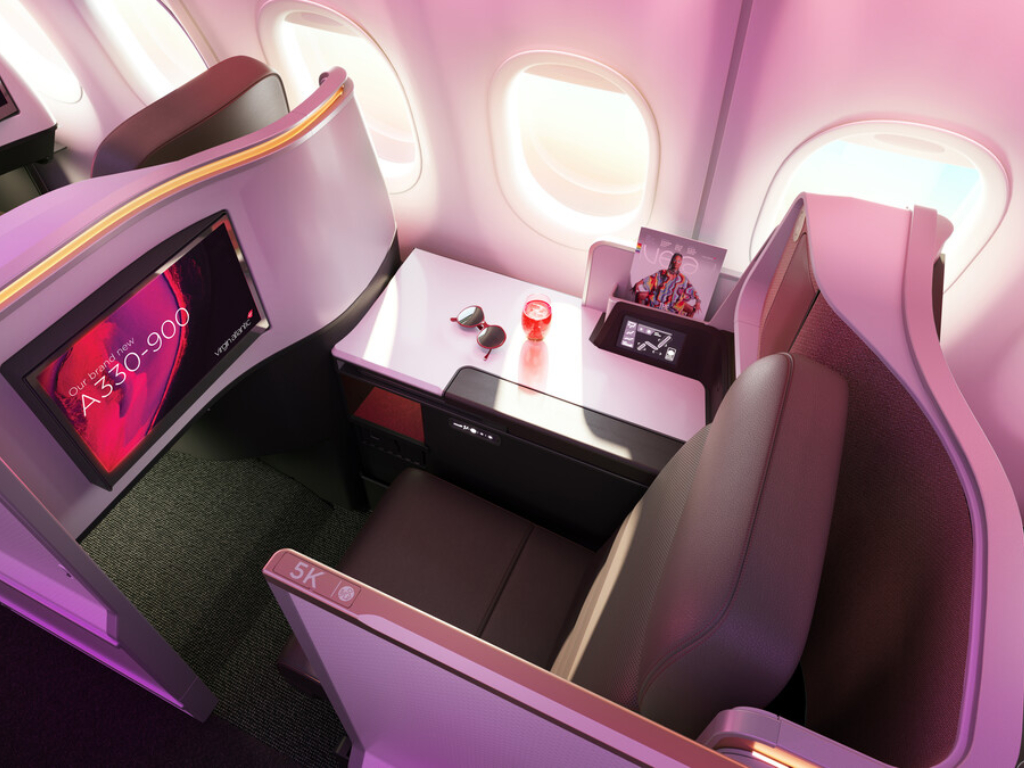
Case Study: A330Neo
In October 2022, the first of 16 A330neo aircraft to be delivered over five years flew in from Toulouse on 30% Sustainable Aviation Fuel. Pairing innovation with carbon efficiency, they’re 11% more fuel efficient than the A330-300s they replace, as well as reducing noise contour by 50%. They’re also our first aircraft to feature leather free seating in our Upper and Premium cabins, with a weight reduction of 1.5kg per seat.

Case study: Signol pilot programme
Our pilots use the Signol app to give them personalised data analysis and recommendations on how to fly more efficiently from a fuel burn perspective, helping to reduce fuel usage while, of course, complying with fuel management and flight safety standards. In 2022, we estimate that the carbon savings our pilots achieved with the use of Signol was over 8000 t/CO2. That’s equivalent to 60 flights between London and New York.
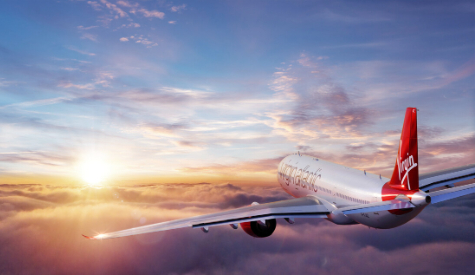
What's next for our fleet?
• Continued multi-billion pound investment in new aircraft with 100% next generation fleet by 2027.
• By 2026, we will achieve 15% gross reduction in carbon emissions per revenue tonne kilometre through our fleet programme.
• We’ll continue to work with our partners to find ways to be more efficient, and invest in innovation and emerging technology.
Find out more

Fuel
For over 15 years, we’ve championed the development and use of Sustainable Aviation Fuel (SAF), and in 2023 we became the first commercial airline to fly across the Atlantic with 100% SAF.
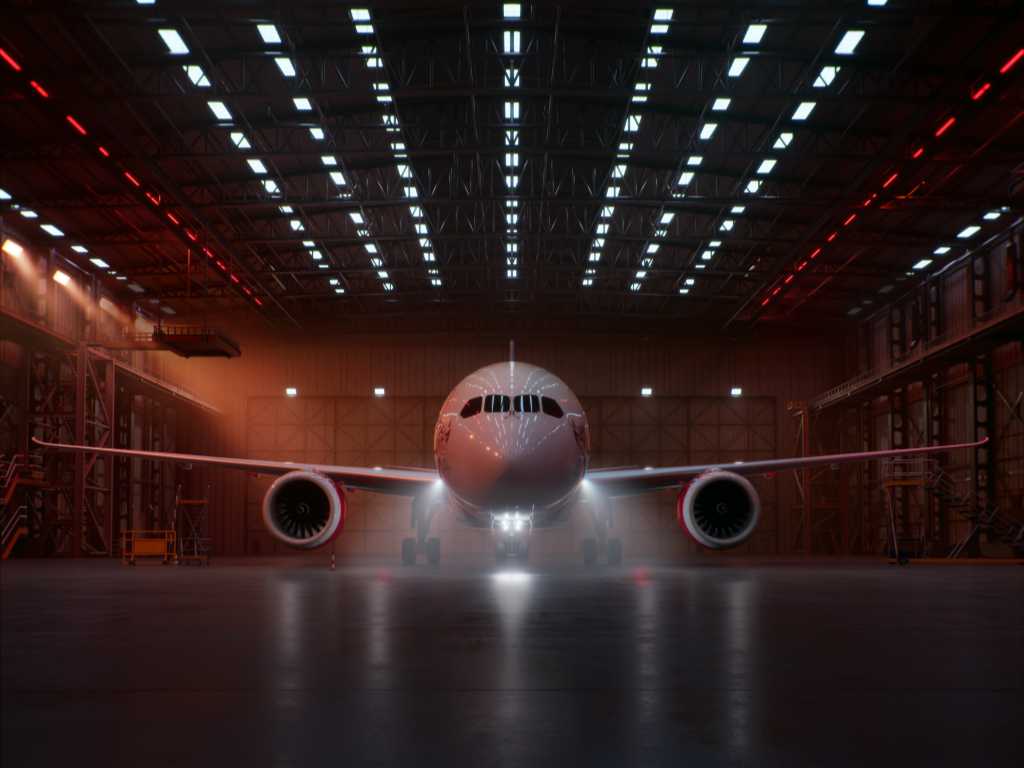
Flight100
On November 28th, we made history with Flight100— becoming the first commercial airline to fly across the Atlantic on 100% SAF - marking a key milestone on the path to decarbonising aviation.

Experience
We're finding ways to help you fly more sustainably too, changing how we operate to personalise your experience, create less waste and move to more lightweight materials where possible.
.jpg)